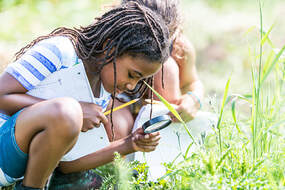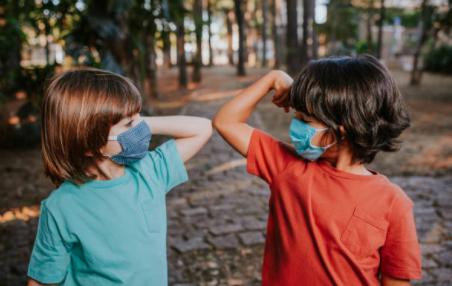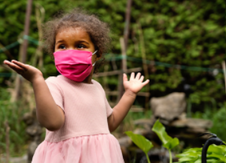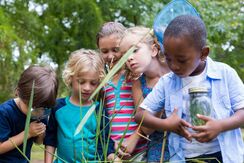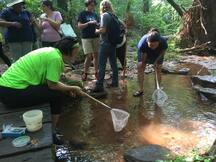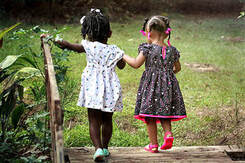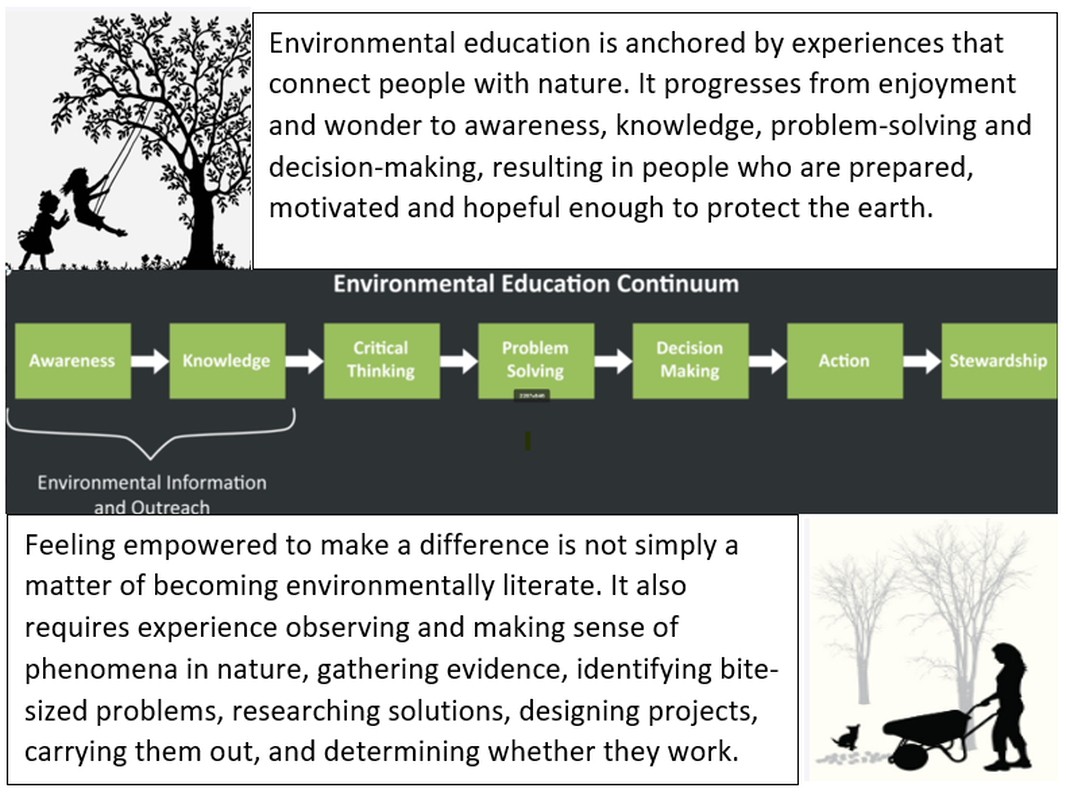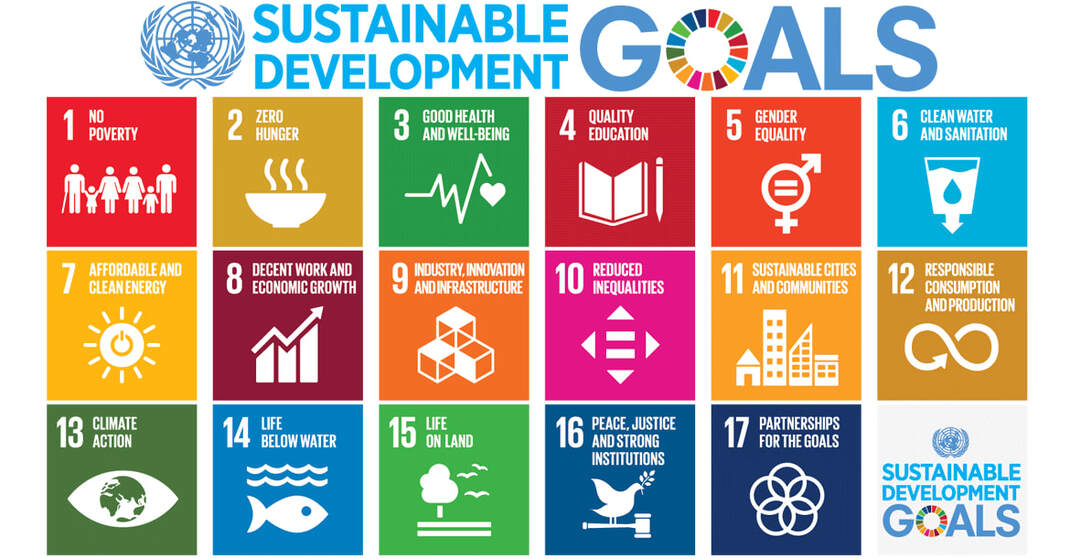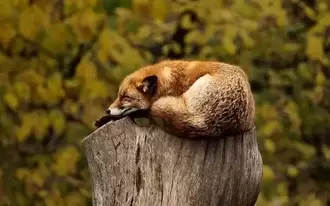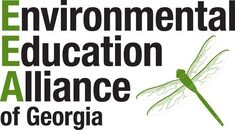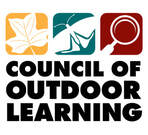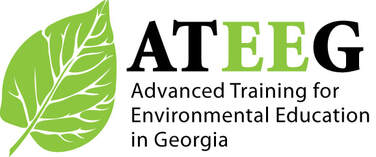Environmental Education Alliance of Georgia
- Our Story
- Our Team
- Our Events
-
Our Resources
- Wildlife Viewing
- Earth Month Activities
- Garden-based Learning
- EcoEngineering Challenges
- Community (Citizen) Science
- Phenomenon-Based Learning
- Problem-Based Learning
- Place-Based Learning
- Project-Based Learning
- Teaching about Climate Change
- Teaching about EJ
- Zero Waste Heroes
- SAGES Project
- Virtual EE Resources
- Environmental Clubs
- Evaluation and Assessment
-
Our Work
- Our News
- Our Impact
- JOIN or GIVE
- Member Portal
- Contact Us
- Outdoor Learning Store
- PassTick2023-4
- Annual Report
- New Page
- Past 2022 EEA Conference
- Past EEA Board 2021-22
- Past 2022 conferenceoverview
- Non-clickable Page
- New Page
- EEA Guest Blog
- Our Story
- Our Team
- Our Events
-
Our Resources
- Wildlife Viewing
- Earth Month Activities
- Garden-based Learning
- EcoEngineering Challenges
- Community (Citizen) Science
- Phenomenon-Based Learning
- Problem-Based Learning
- Place-Based Learning
- Project-Based Learning
- Teaching about Climate Change
- Teaching about EJ
- Zero Waste Heroes
- SAGES Project
- Virtual EE Resources
- Environmental Clubs
- Evaluation and Assessment
-
Our Work
- Our News
- Our Impact
- JOIN or GIVE
- Member Portal
- Contact Us
- Outdoor Learning Store
- PassTick2023-4
- Annual Report
- New Page
- Past 2022 EEA Conference
- Past EEA Board 2021-22
- Past 2022 conferenceoverview
- Non-clickable Page
- New Page
- EEA Guest Blog
ABOUT EEA
What is Environmental Education?
|
Environmental education (EE) is splashing through creeks and climbing trees. It's also designing field investigations and taking action to protect the earth. Nature offers a lens for focusing on any subject — not just science — and a chance to connect student learning with the real world.
EE can take place in a classroom or outdoors, in school settings or informally, at any stage of life. It offers opportunities for students to be creative and gain academic skills and for communities to collaborate and solve problems. EE is not just learning facts about the environment, nor is it solely focused on negative human impacts and the ecosystems or communities that are most affected; EE is a transformational process that informs, inspires, and empowers learners to make a difference in the world. |
Four Pillars of Environmental Education
Nature
|
Environmental Education
Exploring, investigating and making sense of natural phenomena to understand how the world works and ways people impact it.
|
Environmental Stewardship
Gathering information, solving bite-sized,
real-world problems, and becoming empowered to make a difference. |
Environmental Justice
Realizing that environmental problems affect some people more directly than others, and working to make the world healthy for all.
|
The Collective Impact of EE:
Flipping the narrative from the "harm we do" to the "difference we can make"
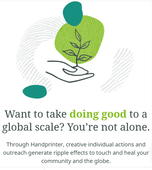
A common starting point for environmental education is calculating ecological or carbon footprints. The size of the footprint is based on one's negative human impacts on the world, and can be adjusted by changes in behaviors and actions. But this approach disregards environmental impacts that cannot be significantly altered by individual actions (or even collective action), focuses on the harm we do, and motivates by shaming. Research shows that students often disengage and give up when overwhelmed by environmental problems. An alternative is to "flip the narrative" and focus on increasing the good one can do.
Handprinter, from NewEarth B allows people to compare the positive effect of actions they are considering and gives them a chance to choose those that have the greatest impact. Ever wonder whether it does more good to carpool or to go meatless on Mondays? To plant a tree or change the setting on your thermostat? Now you can find out! To see what kind of difference YOU can make in the world, join Handprinter to calculate your "environmental handprint"
and see how large it can grow!
Handprinter, from NewEarth B allows people to compare the positive effect of actions they are considering and gives them a chance to choose those that have the greatest impact. Ever wonder whether it does more good to carpool or to go meatless on Mondays? To plant a tree or change the setting on your thermostat? Now you can find out! To see what kind of difference YOU can make in the world, join Handprinter to calculate your "environmental handprint"
and see how large it can grow!
|
Everyone needs opportunities to enjoy the outdoors, because when people connect with nature, we all benefit. When we spend time outside, our quality of life, health, and social well-being improve, and our communities become stronger and more sustainable. |
What's the connection between education for sustainability and EE?
The United Nations Sustainable Development Goals are a way of framing environmental education in terms of sharing, managing and preserving resources for future generations.
What is Environmental Education?
This short video show students and communities engaged in learning about and caring for the environment. Outdoor learning is what activates environmental education and provides the relevance, authenticity and impact to transform knowledge into action. Look for evidence of nature connection, exploration, observation, field studies, investigations, modeling, community science, data collection, problem solving, civic action and environmental stewardship in this film.
|
Environmental Education Alliance, Inc.
P.O. Box 801066 | Acworth, GA 30101 EEA does not does not discriminate on the basis of race, color, national origin, sex, age, or disability in its program , activities, or employment. For more information on EEA's non-discrimination commitment click here . Grievance officer may be contacted at [email protected] |
Proudly powered by Weebly
|
